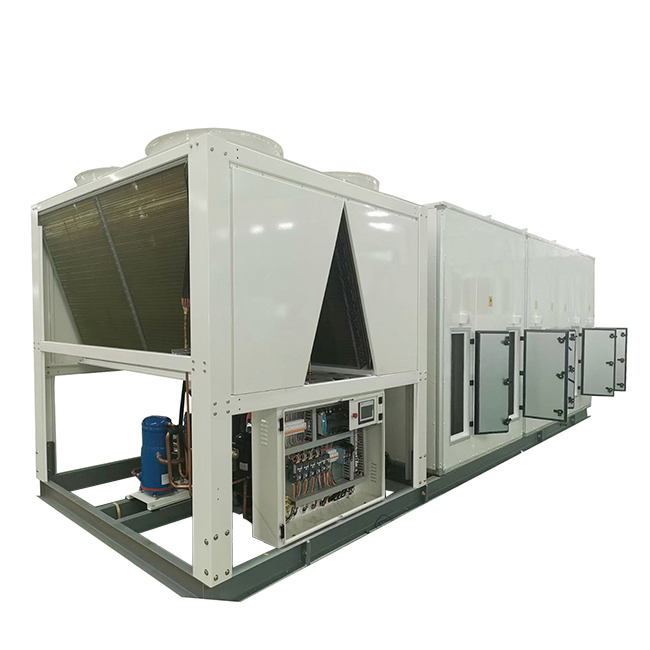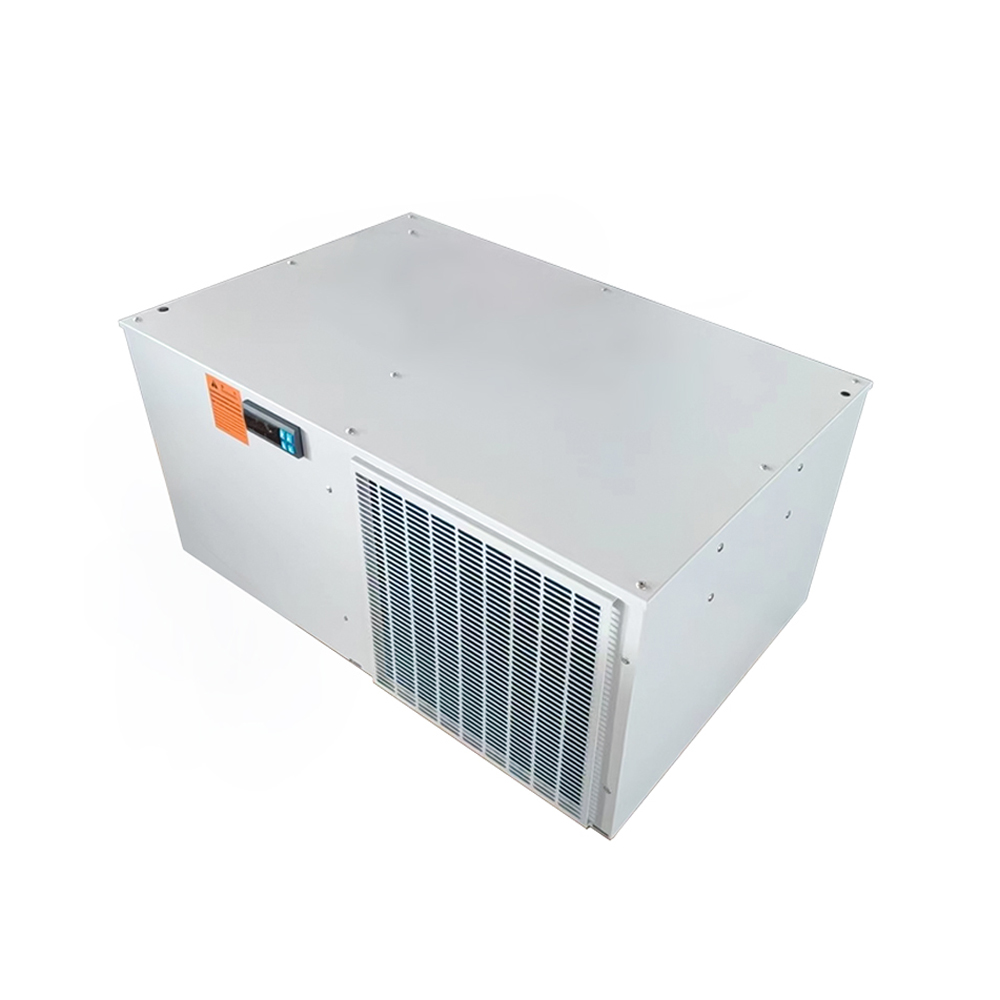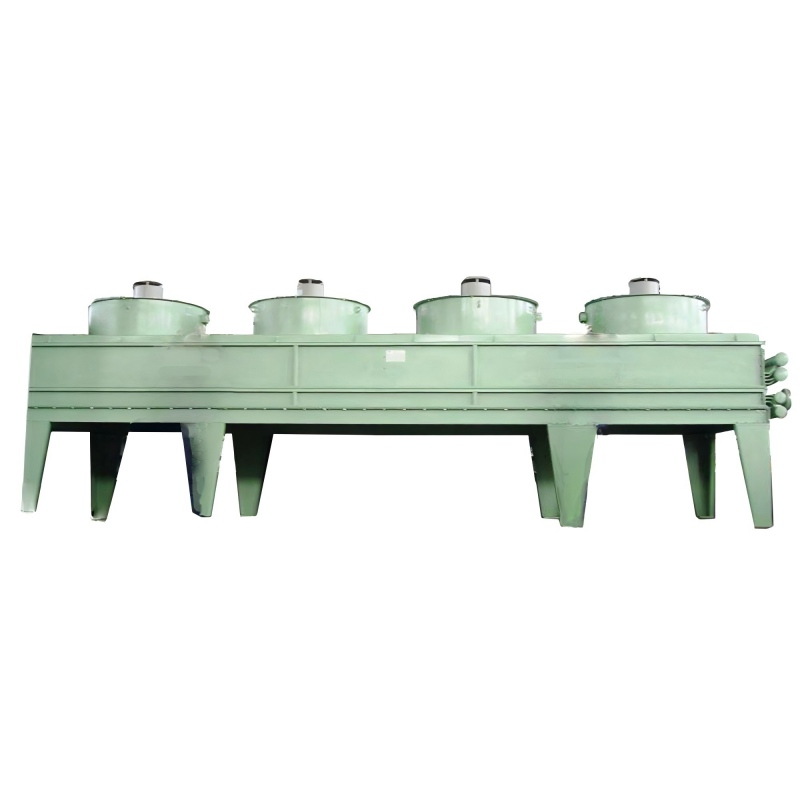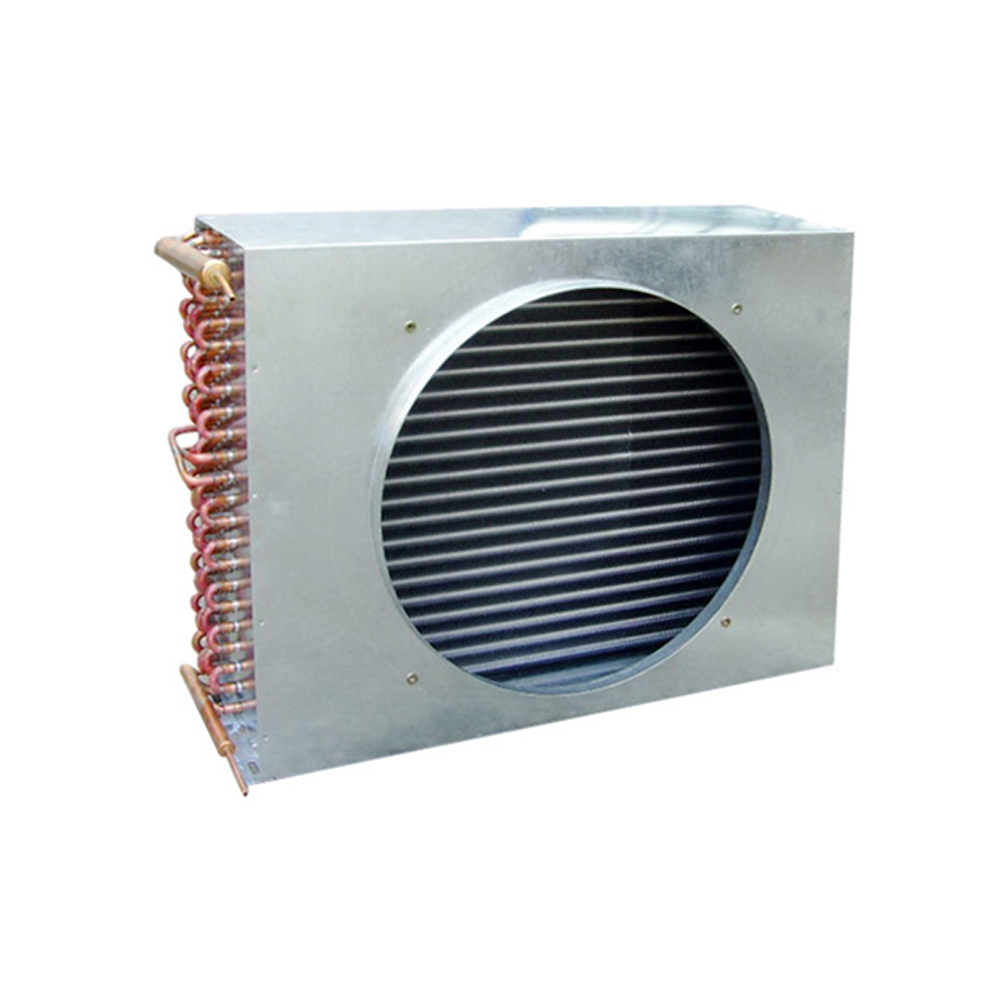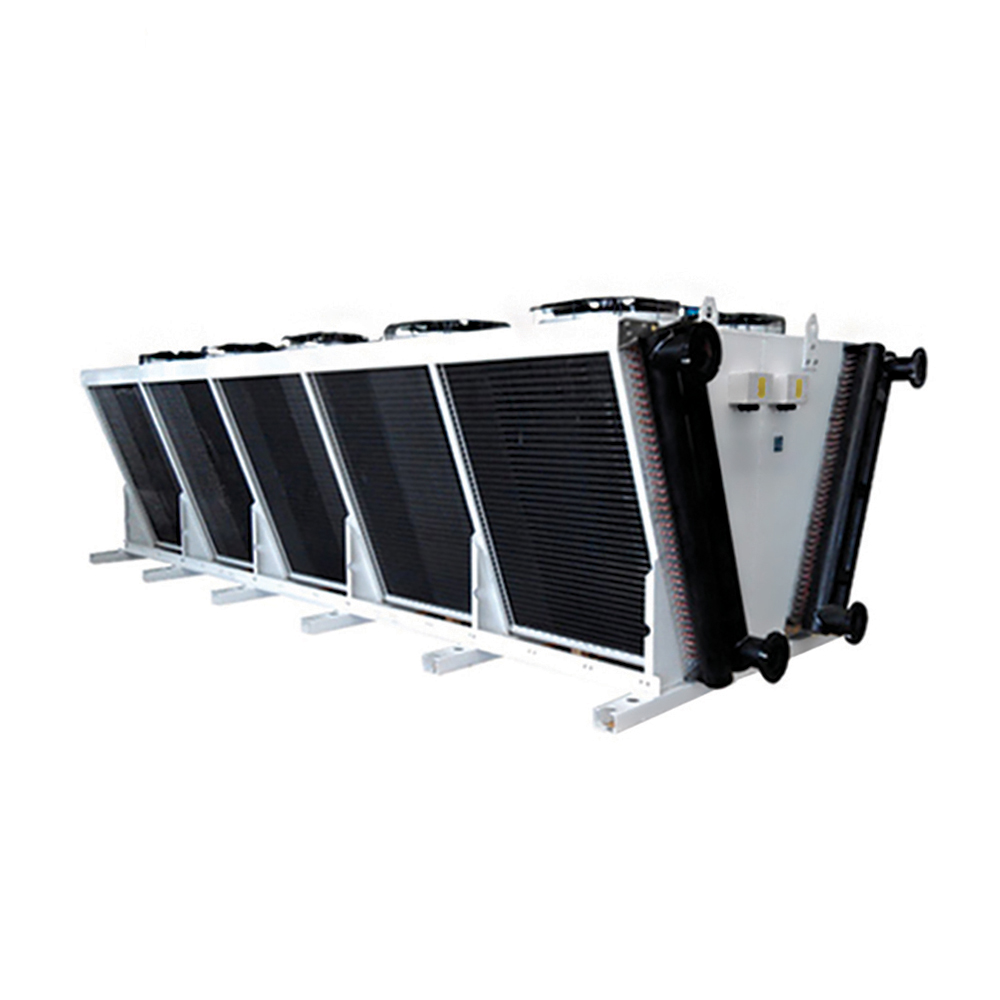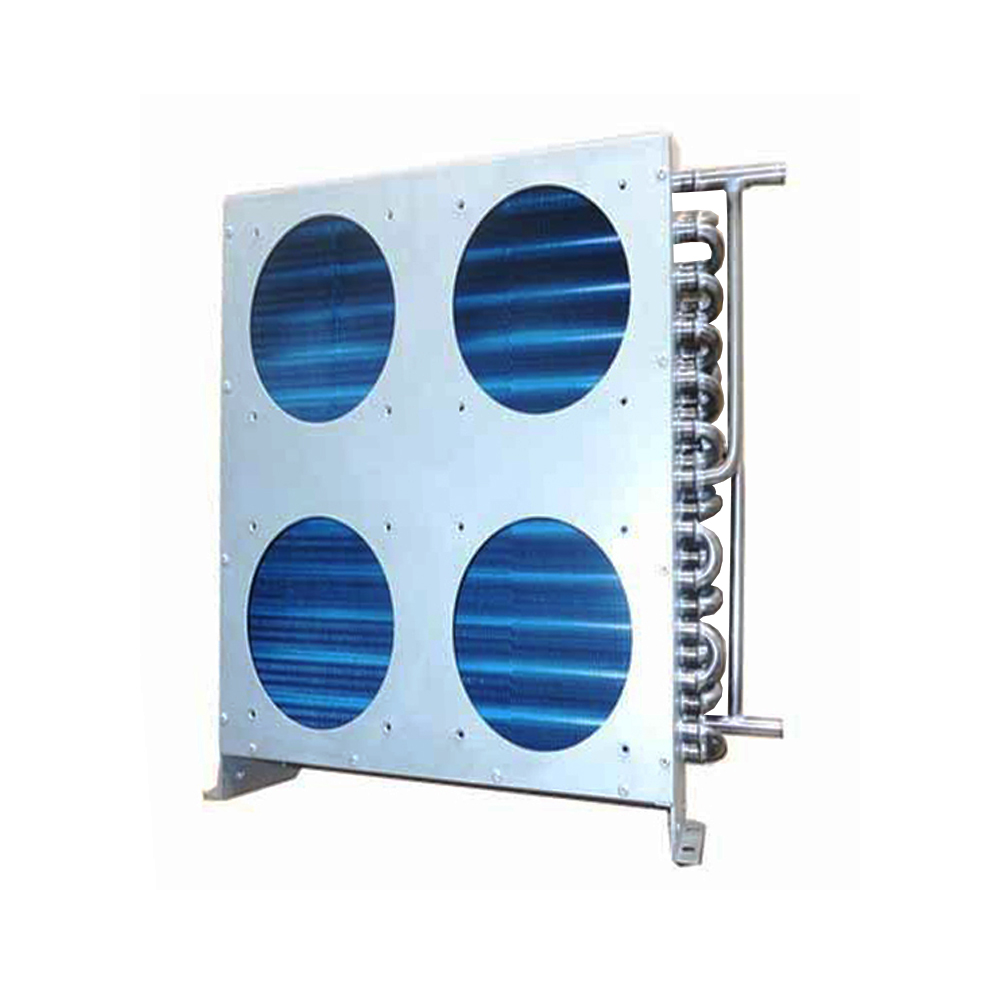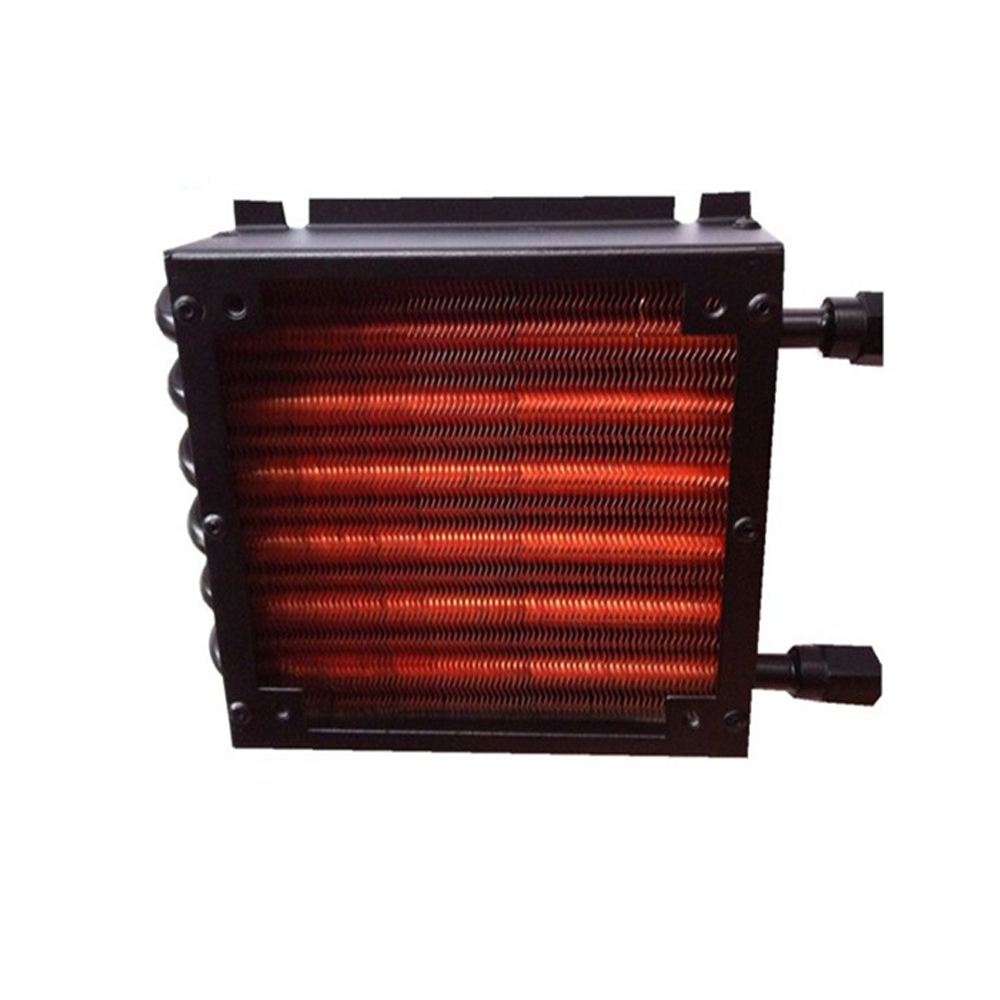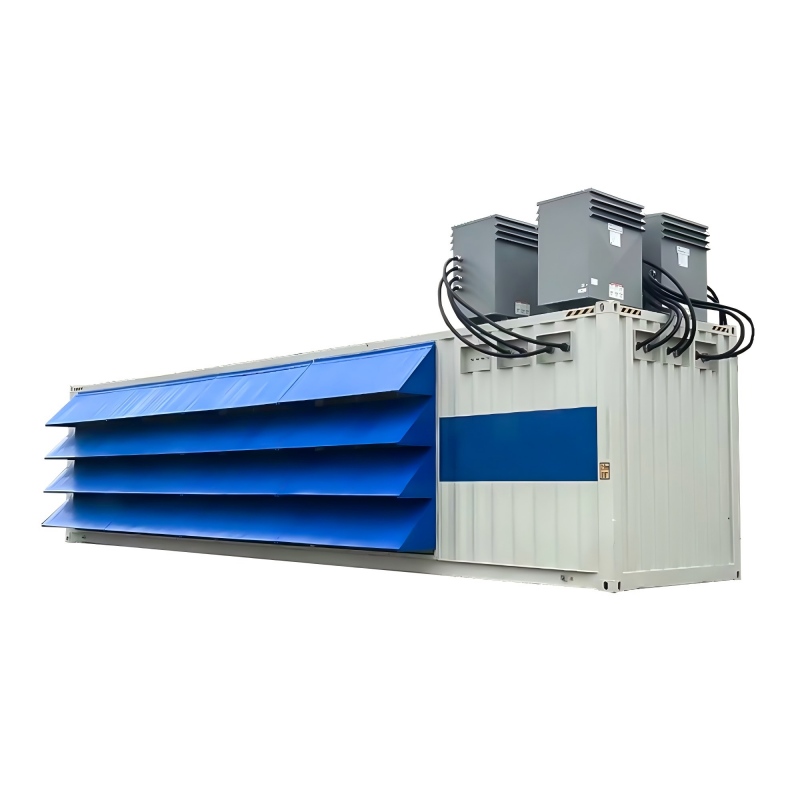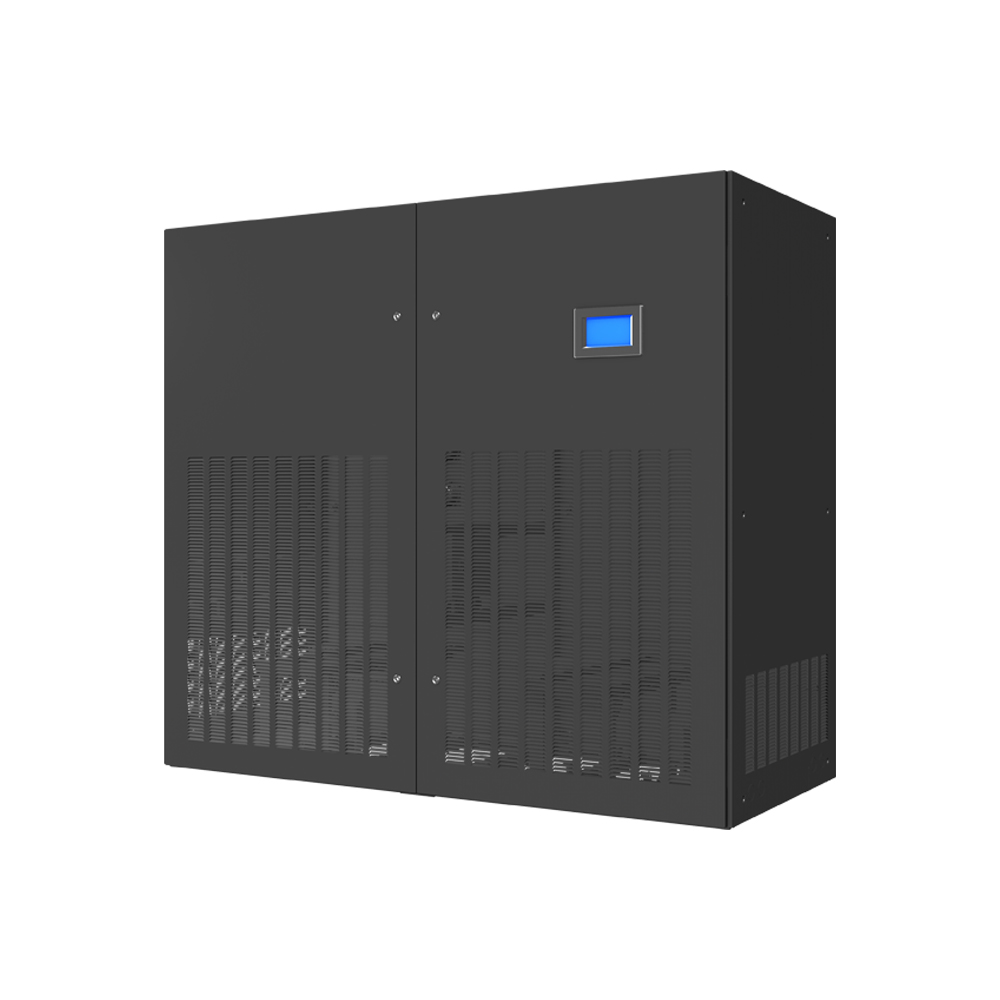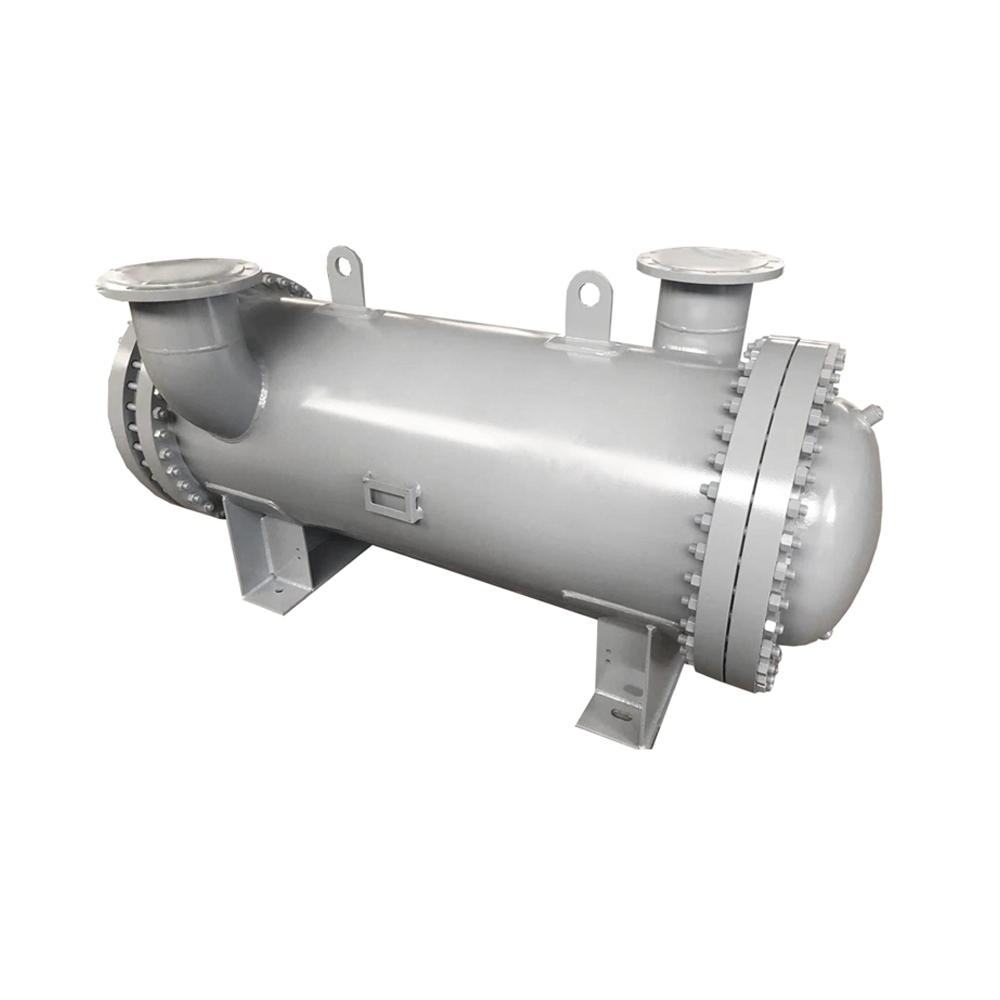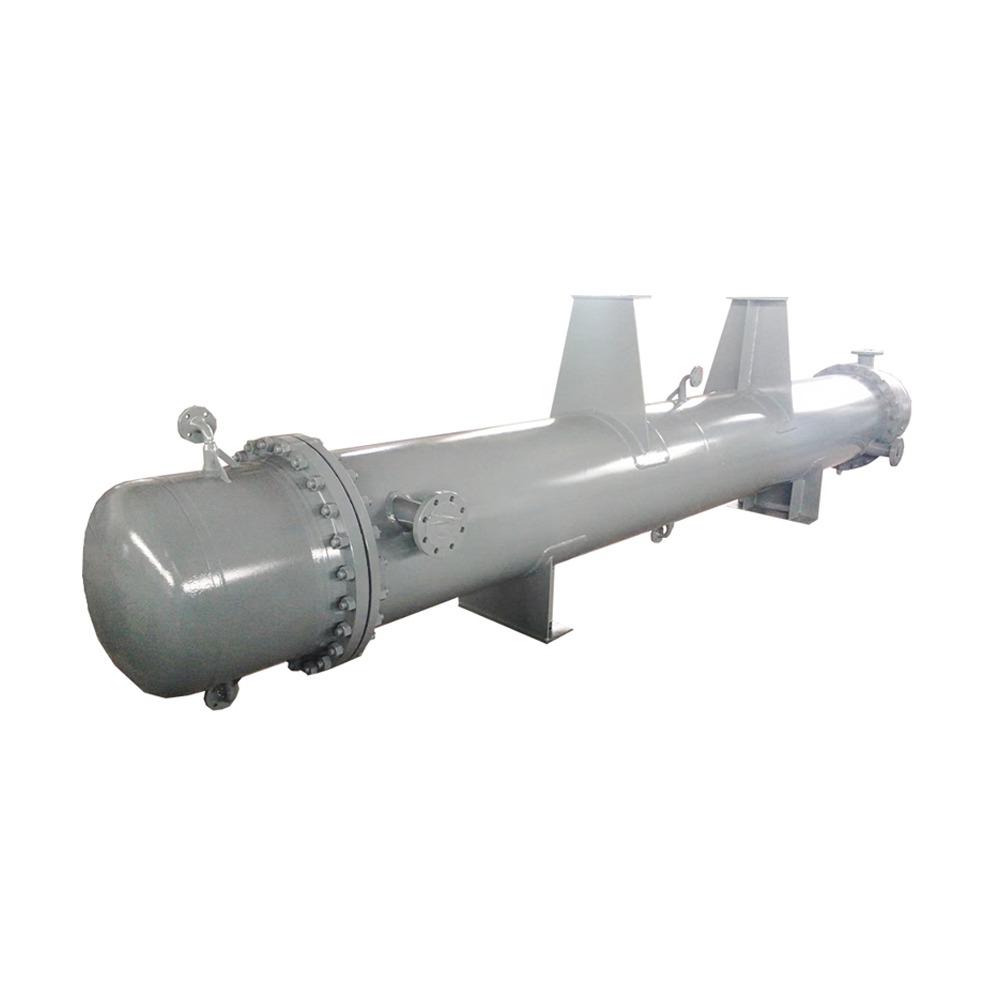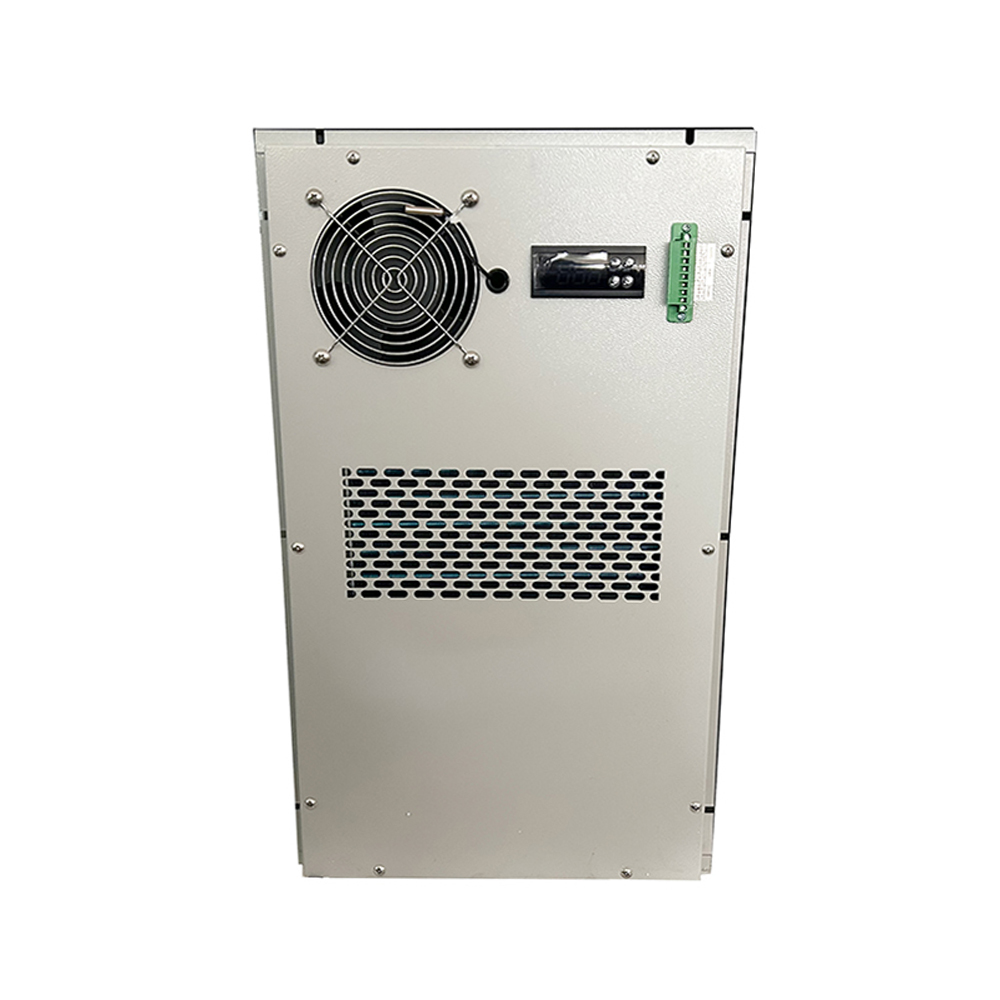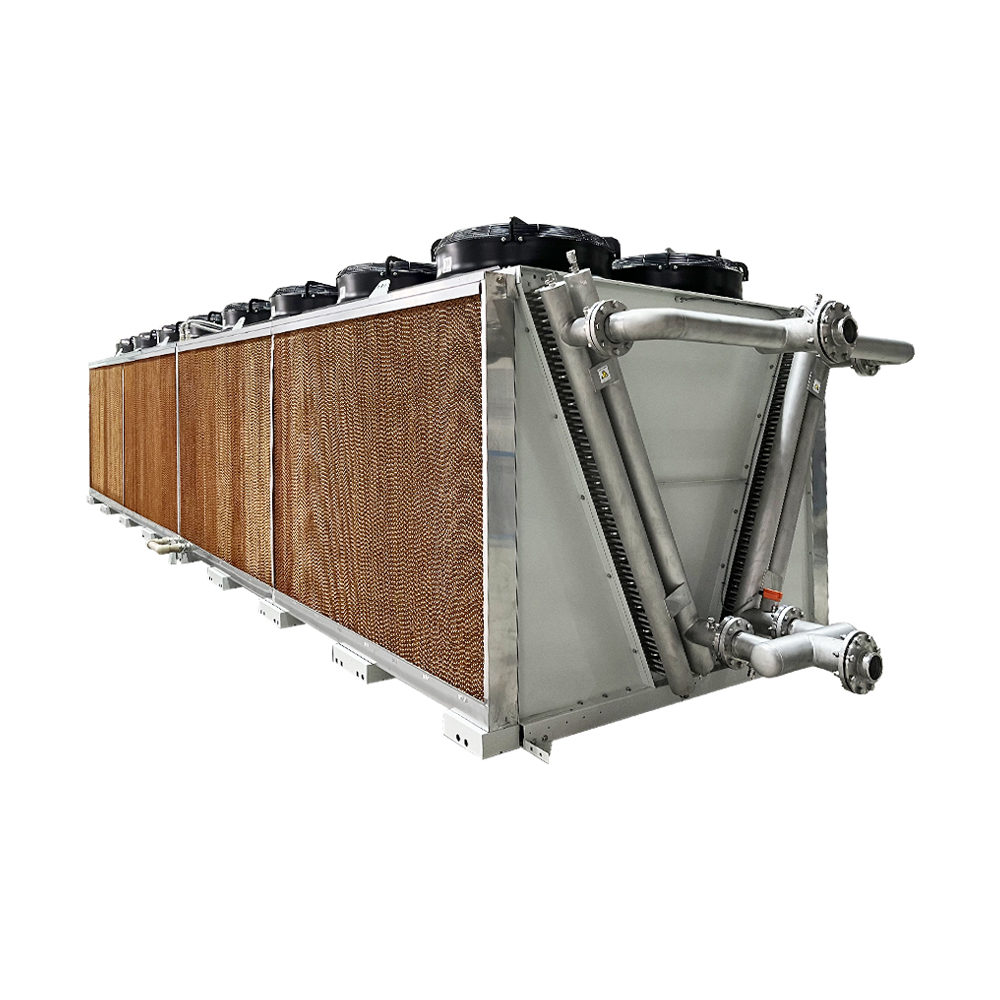This guide helps you navigate the world of Steam Coils suppliers, providing insights into selection criteria, key considerations, and best practices for ensuring optimal performance and longevity of your steam coils. We explore various types of steam coils, factors influencing their efficiency, and tips for finding a reliable supplier to meet your specific needs.
Understanding Steam Coils and Their Applications
Types of Steam Coils
Steam coils come in various configurations, each designed for specific applications. Common types include:
- Finned Tube Steam Coils: These are highly efficient for heat transfer due to the increased surface area provided by the fins. They are commonly used in industrial heating processes.
- Bar-Type Steam Coils: These are simpler in design and suitable for applications where space is limited or a less intricate solution is needed.
- Spiral Steam Coils: Offering compact design and large surface area, spiral coils are often preferred in situations with limited space constraints.
- Custom Steam Coils: For unique applications and precise specifications, custom-designed steam coils offer tailored solutions.
Factors Affecting Steam Coil Efficiency
The efficiency of a steam coil is influenced by several factors, including:
- Material: The material of construction significantly impacts the coil's durability and corrosion resistance. Stainless steel is a popular choice for its resilience.
- Surface Area: A larger surface area facilitates more efficient heat transfer. Finned coils offer superior performance compared to bare tube designs.
- Steam Pressure: Higher steam pressure generally leads to faster heating but requires robust coil construction.
- Fluid Velocity: Optimizing the fluid velocity across the coil surface enhances heat transfer.
Choosing the Right Steam Coil Supplier
Key Selection Criteria
When choosing a Steam Coils supplier, consider these key criteria:
- Experience and Reputation: Look for suppliers with a proven track record and positive customer reviews. Check industry certifications and accreditations.
- Product Quality and Standards: Ensure the supplier adheres to relevant industry standards and quality control measures. Request certifications and test reports.
- Customization Capabilities: If you require custom-designed steam coils, verify the supplier's ability to meet your specific needs.
- Lead Times and Delivery: Evaluate the supplier's ability to meet your project deadlines.
- Pricing and Payment Terms: Compare quotes from multiple suppliers to ensure competitive pricing and favorable payment terms.
- Technical Support and After-Sales Service: A reliable supplier provides adequate technical assistance and readily addresses any post-sales concerns. A strong warranty is a good indicator of confidence in their products.
Comparing Suppliers
| Supplier | Experience | Customization | Lead Time | Pricing |
| Supplier A | 15+ years | Yes | 4-6 weeks | Competitive |
| Supplier B | 5 years | Limited | 2-3 weeks | Higher |
| Shanghai SHENGLIN M&E Technology Co.,Ltd | [Insert SHENGLIN's experience here] | [Insert SHENGLIN's customization capabilities here] | [Insert SHENGLIN's lead time here] | [Insert SHENGLIN's pricing information here] |
Conclusion
Selecting the right Steam Coils supplier is crucial for ensuring efficient and reliable operation. By carefully considering the factors outlined in this guide and conducting thorough research, you can confidently choose a supplier that meets your specific needs and provides high-quality steam coils for your application. Remember to always check the supplier’s credentials, read reviews and compare quotes before making a decision.









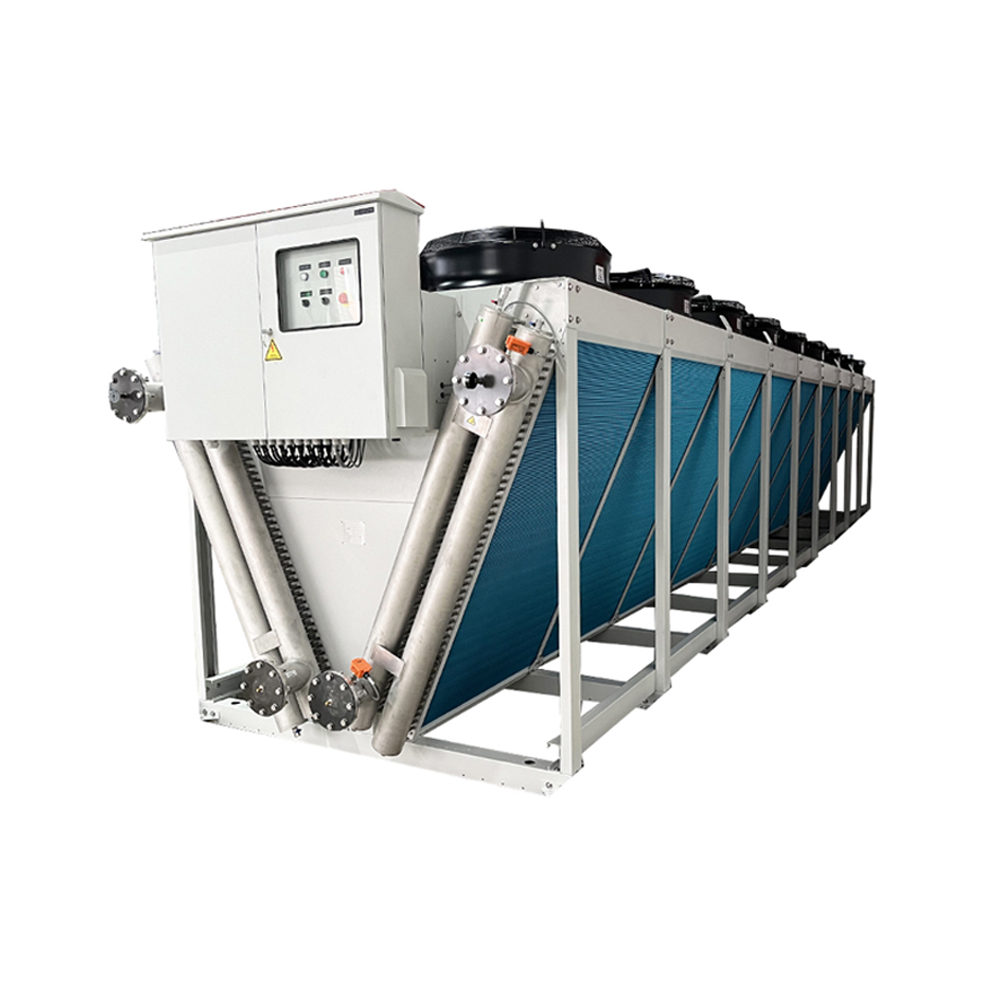
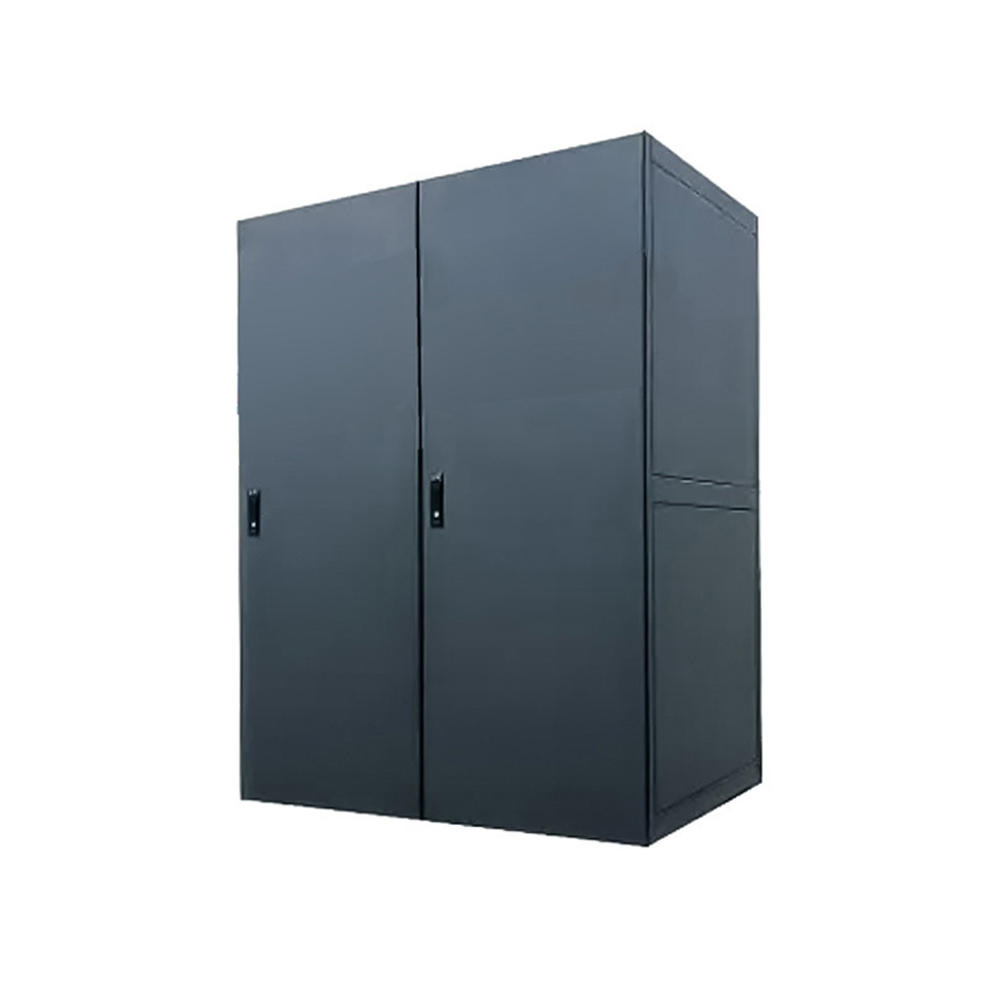
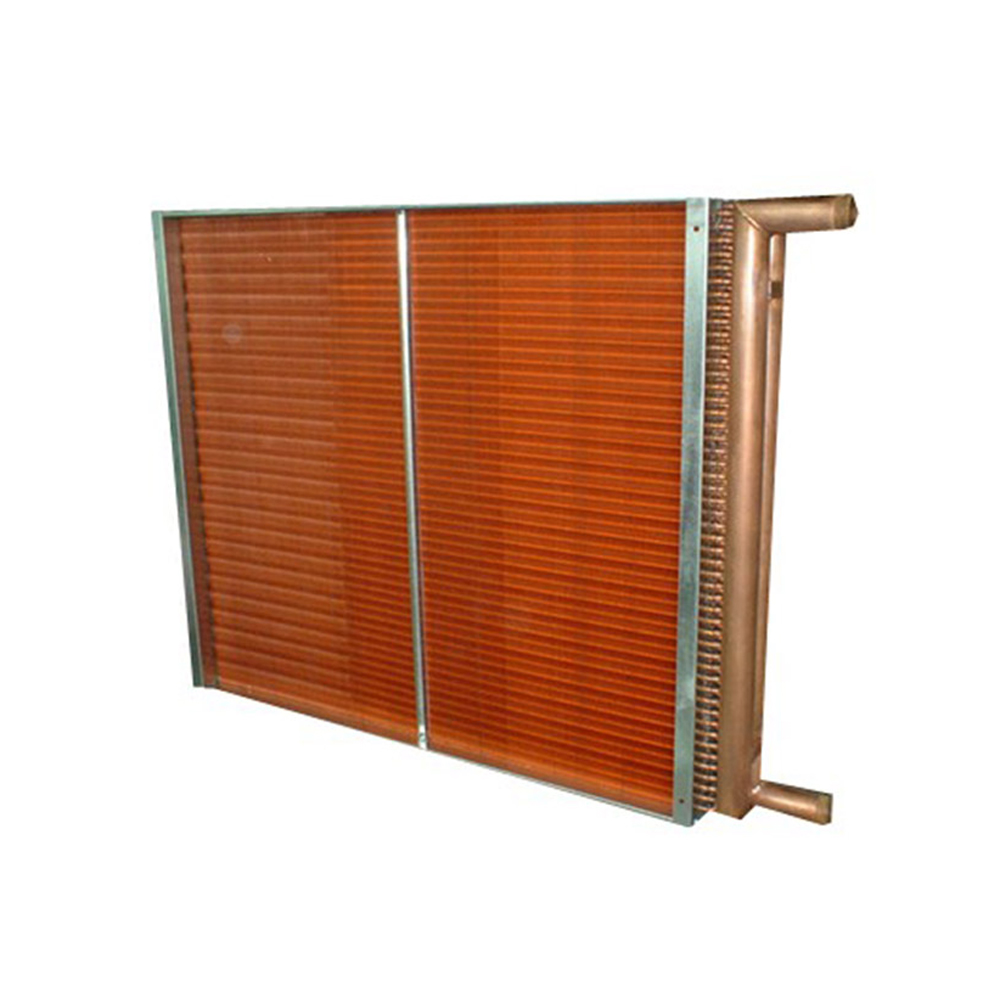
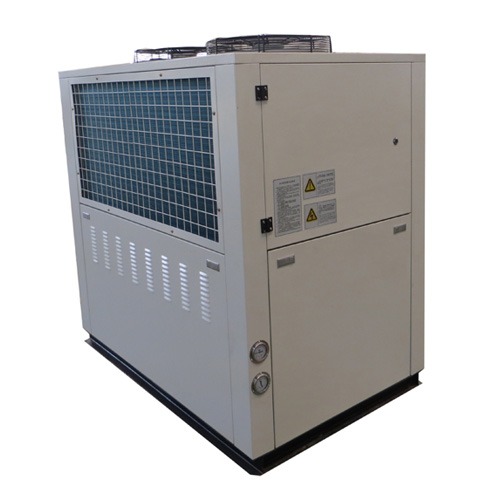
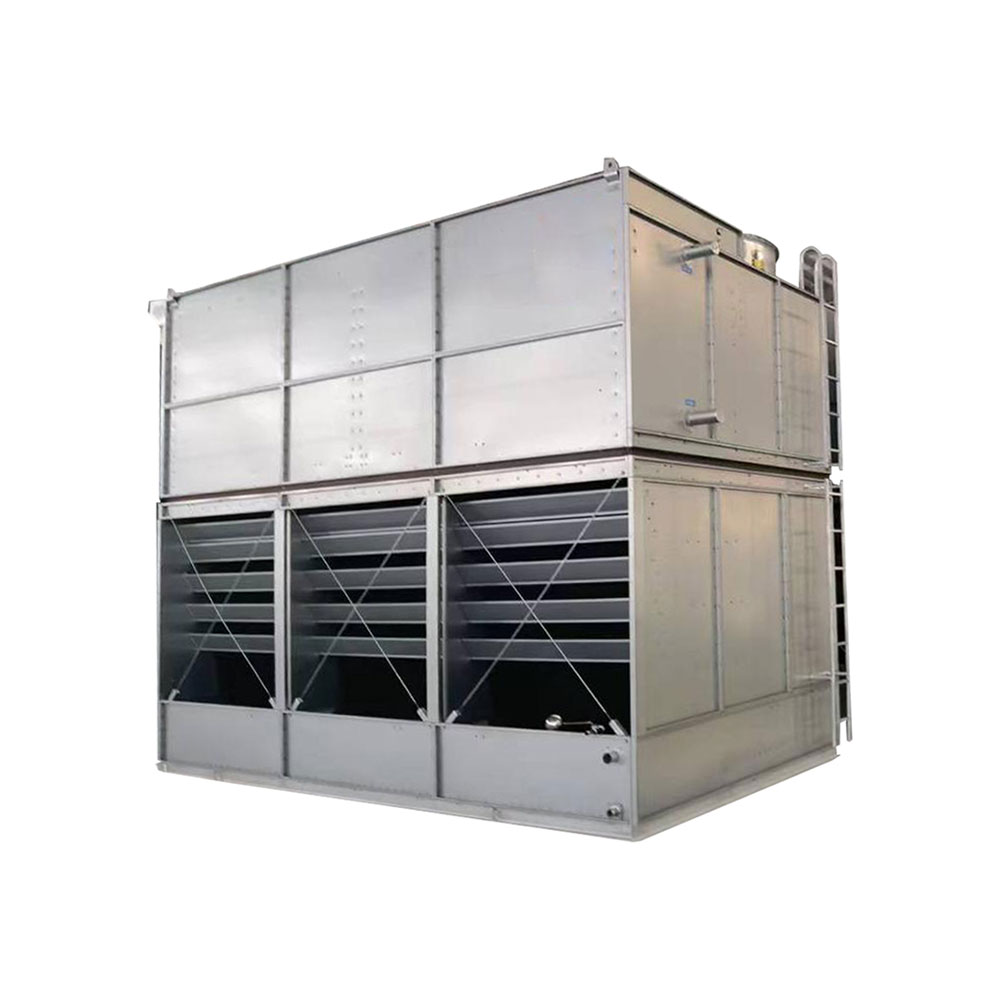
.jpg)
